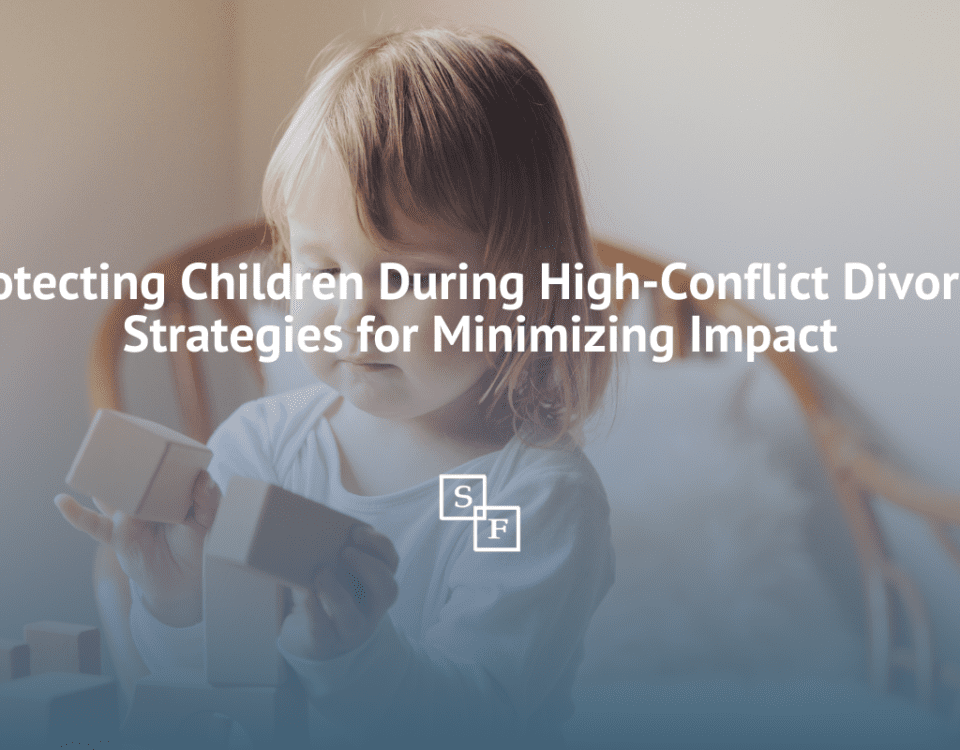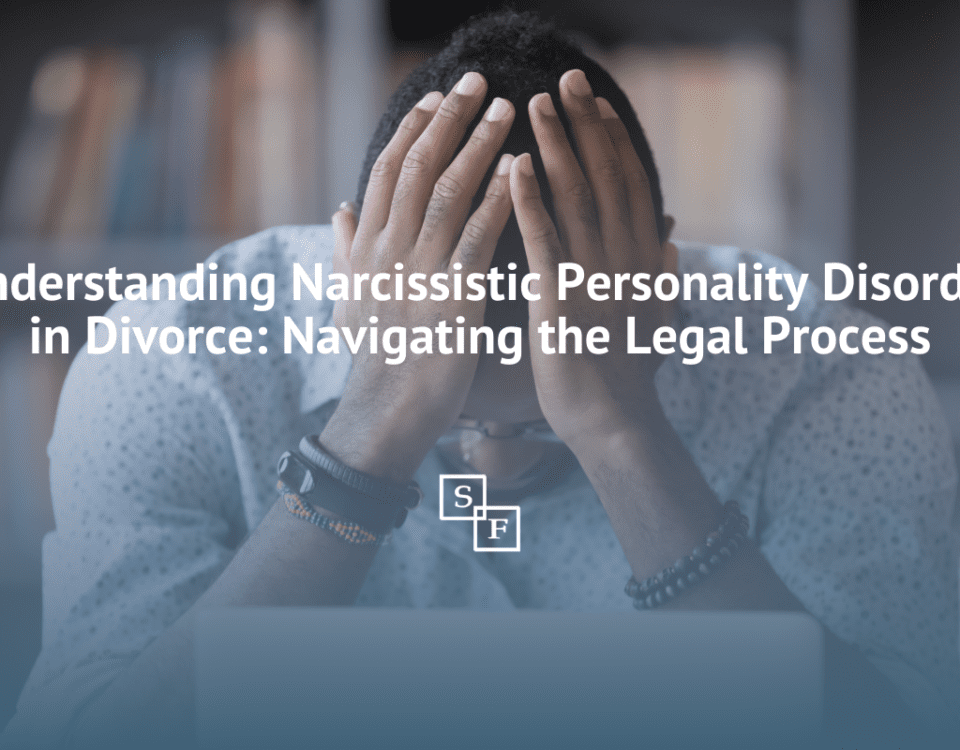ALIMONY & SUPPORT
Need to Make an Appointment?
Marital misconduct normally shows in the form of illicit sexual conduct with someone outside of the marriage.
- If the supporting spouse engages in marital misconduct, then alimony MUST be given to the dependent spouse.
- If the dependent spouse engages in marital misconduct then alimony MUST NOT be given.
- If both spouses engage in marital misconduct then the court has discretion whether to give alimony or not.
- In some instances, a spouse may condone the actions of the other spouse. When this occurs, the court will not consider marital misconduct in determining whether alimony should be awarded.
In order to see if condonation has occurred, the court looks at whether the condoning spouse stated that she condoned it, or whether the condoning spouse has acted in a way that shows she condoned the conduct.
The court also looks to other factors when deciding whether or not to award alimony and what amount to award. The factors that the judge will consider are:
- Earnings of the parties
- Age of the parties,
- Physical, mental, and emotional condition of the parties
- Amount of income each party makes and the sources of that income
- Duration of the marriage
- Who looks after the children
- The parties’ education levels and needs for training
- The parties assets, liabilities, debts, and property brought to the marriage
- Any contribution to the marriage by being a homemaker
- Other relevant factors.
In making a determination for post-separation support, the court will use several factors related to the economic status of the parties. These factors include, but are not limited to:
- The parties’ employment status
- The parties’ debt,
- The parties’ expenses,
- The parties’ ability to produce income
- Whether or not the party seeking support can maintain their current standard of living without support from the other spouse.
Marital misconduct is also considered in decisions for post-separation support.
Meet the Family Law Team
Missy’s mission is to help individuals navigate through these highly bureaucratic systems while providing superior client service and advocacy.
Read more about Missy and how she helps her family law clients in NC.
Megan understands that each client’s situation is unique, and she is committed to serving as a fierce and compassionate advocate for all of her clients. She practices empathy with every client to ensure that they feel that their concerns are heard and their needs are met.
In her 10-plus years of experience as a family law paralegal, Lisa has become passionate about putting the client’s needs first. She understands the circumstances that bring clients to our office are often unsettling and it is her desire to use her experience and skills to make the process a little easier.







